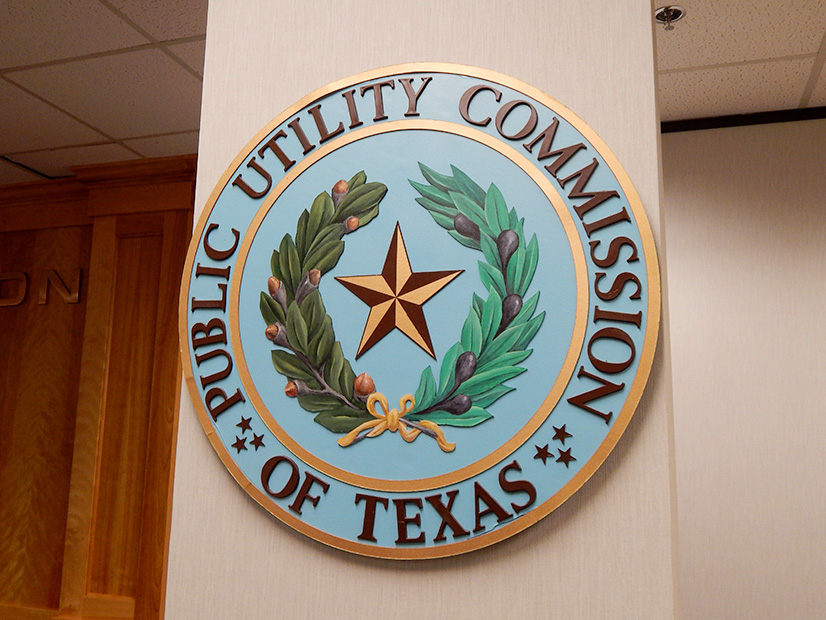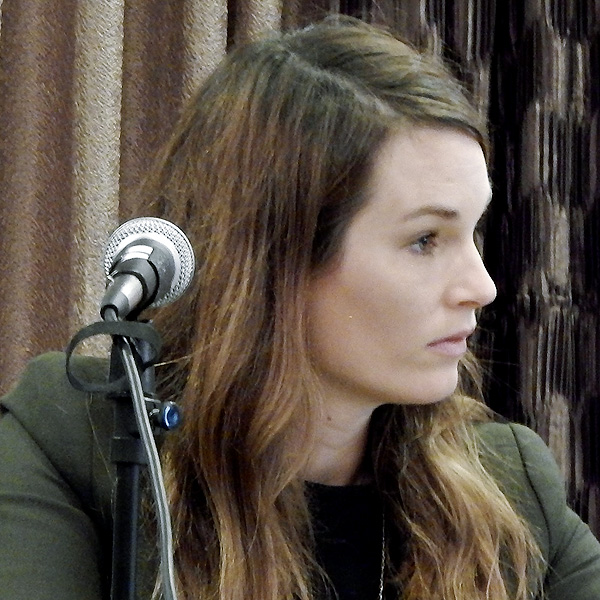
A Texas appeals court on Friday reversed the Public Utility Commission’s orders to keep ERCOT wholesale prices at the $9,000/MWh cap during the deadly February 2021 winter storm, adding even more uncertainty to a market facing a yet-to-be determined redesign.
A three-judge panel for the 3rd Court of Appeals in Austin ruled that the PUC exceeded its authority by setting prices at their limit for four days during the storm. The commission said that the move was necessary to incent generation to stay online as ERCOT worked desperately to bring the grid back to life after it came within minutes of a total collapse. (See Texas PUC Won’t Reprice $16B Error.)
The court said the commission’s actions “entirely” eliminated competition, contrary to state law.
“Setting a single price at the rule-based maximum price violated the Legislature’s requirement in the Utilities Code … that the commission use competitive methods to the greatest extent feasible and impose the least impact on competition,” Justice Edward Smith wrote (03-21-00098-CV).
The court reversed two PUC orders responding to market transactions clearing as low as $1,200/MWh (51617) and remanded the case for “further proceedings consistent” with its ruling. Whether that takes place at the PUC or in another arena remains to be seen.
The PUC said it doesn’t comment on pending litigation. Neither does ERCOT.
The appeal was filed by Luminant (NYSE:VST), Vistra’s generating subsidiary, shortly after the 2021 storm, also known as Winter Storm Uri, knocked about 50 GW of generation offline. More than 200 Texans died during the resulting dayslong outages.
Other energy companies intervened on both sides of the case.
“We agree with the decision today by the Court of Appeals in Austin, but this is an ongoing legal proceeding, and we cannot predict the final outcome,” Luminant spokesperson Meranda Cohn said in an emailed statement.
Luminant argued before the court last year that the PUC’s actions addressing the power shortage were “invalid and ineffective” and “wreaked havoc.” The PUC told the court that the appellants were upset over their financial losses and were asking the judges to “second-guess” decisions made by the PUC and ERCOT under extreme weather conditions.
The actions resulted in $16 billion of market transactions that ERCOT’s Independent Market Monitor said were incorrectly priced during 33 hours after ERCOT stopped shedding firm load. The PUC declined the reprice the transactions. (See “Monitor: $16B ERCOT Overcharge,” ERCOT Board Cuts Ties with Magness.)
 Katie Coleman, O’Melveny & Myers | © RTO Insider LLC
Katie Coleman, O’Melveny & Myers | © RTO Insider LLCAttorney Katie Coleman, whose law firm represents several market participants, pointed out that some of the balance during the storm has since been securitized and that some participants are paying off debt that they now might not even owe. Other transactions settled outside ERCOT can’t really be undone, she said.
“Resettling just the real-time and day-ahead markets creates chaos and undermines positions from two years ago,” Coleman said. “It’s a giant mess. I don’t know how they can even try to unscramble that egg.”
Austin-based energy consultant Alison Silverstein, who was part of FERC’s decade-plus work settling the 2001 California market implosion, used a different metaphor in agreeing with Coleman.
“Practically speaking, it will be challenging to unwind the daisy chains of electricity transactions from that week, figure out what the prices should have been and claw the overpayments back,” she said. “This could be harder for Uri transactions because a lot of that money paid for wildly inflated natural gas, rather than increasing many generators’ profits. It’s unlikely that the PUC can claw back Uri profits from businesses it doesn’t regulate.”
The court is aware of those same issues. “Our decision in this appeal may have very real material consequences for all involved,” Smith said in his opinion.
But Silverstein agreed with the court’s decision, finding it ironic that the ruling found that the PUC exceeded its authority by “eliminating competition entirely.” She pointed to Smith’s use of direct quotes from Texas statutes regarding “electric services and their prices should be determined by customer choices and the normal forces of competition” and that regulatory authorities should use “competitive rather than regulatory methods … to the greatest extent feasible” and with “the least impact on competition.”
“For the past year and at present, the Texas commission and legislators are considering a number of electric market options and policies that would advance regulatory methods that stifle customer choices and choke competition,” Silverstein said. “This order should remind us that since 1995, Texas legislators and policymakers have repeatedly supported free-market competition for electricity. We should find ways to fix our current reliability and affordability challenges by leveraging competition, not squashing it.”



